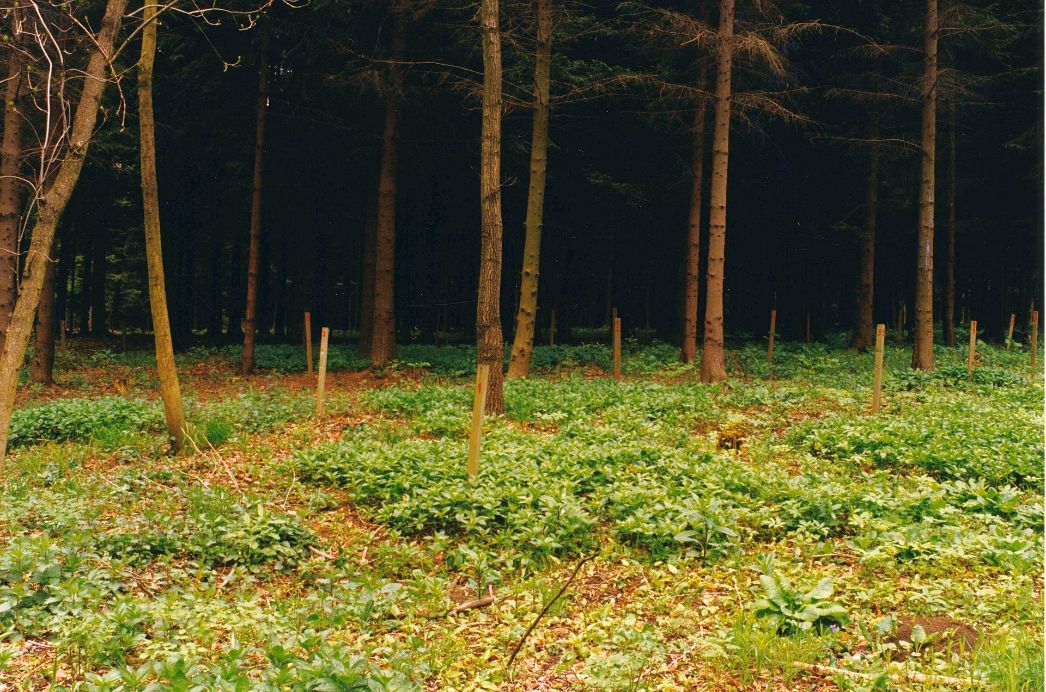
The Soviet special camp in memorial culture after the fall of the Wall.
The Buchenwald and Mittelbau-Dora Memorials Foundation is conducting the research project "Diktaturerfahrung und Transformation: Biographische Verarbeitungen und gesellschaftliche Repräsentationen in Ostdeutschland seit den 1970er Jahren" (Experiences of Dictatorship and Transformation: Examining Biographies and Social Representation in East Germany after 1970) together with the Friedrich Schiller University Jena, the University of Erfurt, and the Ettersberg Foundation.
The project works from the assumption that memories of the GDR are not only defined by individual and collective experiences during the GDR period itself but also by personal biographies of profound upheaval following the fall of the Wall. The political debates of 1989/90 gave rise to conflicts over the following decade in terms of how the GDR was remembered, and the effects of this conflict are still felt today.
This defines the temporal framework for the project, which examines the last two decades of the GDR and the two subsequent decades of transformation as a whole, intentionally spanning the historical caesura of 1989/90.
The research project aims to bring together the participating institutions over the long term to create a permanent centre for university-level research and teaching on the GDR and the subsequent period of transformation.
One of the ten subprojects of this initiative is titled "Gedenken ohne Wissen?" (Commemoration without Knowing?) and is dedicated to the almost thirty years of work on the
Although the academic exploration and evaluation of this history is very advanced, the public perspective of the camp is often based on representations and interpretive patterns dating from the 1950s. This is apparent in local commemorative initiatives dedicated to remembering those who died in the special camp, which tend of overlook more nuanced examinations of internee biographies.
The project aims to provide an objective basis for the debates on the function and nature of Soviet internment that have been ongoing since the 1990s and to foster and support a critical historical consciousness. Memorials and commemorative symbols recalling Soviet internment form a starting point for coming together with local partners to discuss questions relating to memorial culture that are based on sourced and empirical research on memorial culture.
Collaboration with the local populace is particularly important for this project. The Buchenwald Memorial is thus looking for information, photographs, and documents for commemorative markers and memorials for people who were arrested in the Middle German region by the Soviet occupying forces.
For more information on the research group "Diktaturerfahrung und Transformation," see https://vebund-dut.de/.
The research project is supported by funds from the Federal Ministry of Research, Technology and Space.

